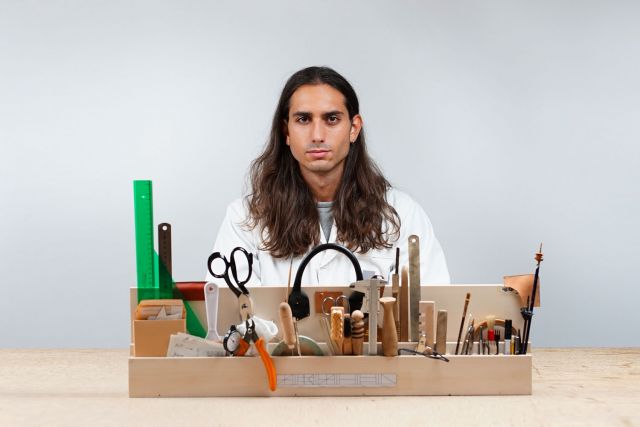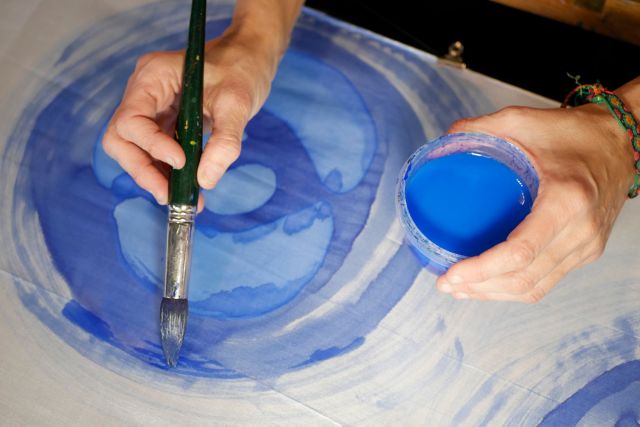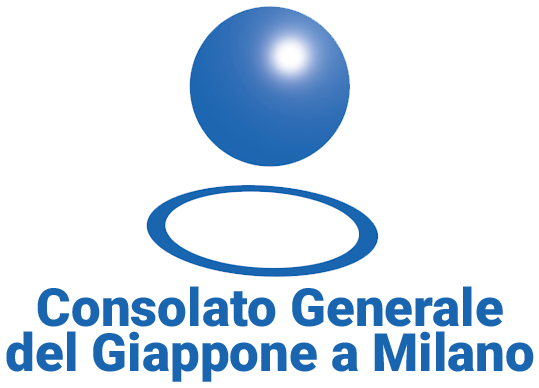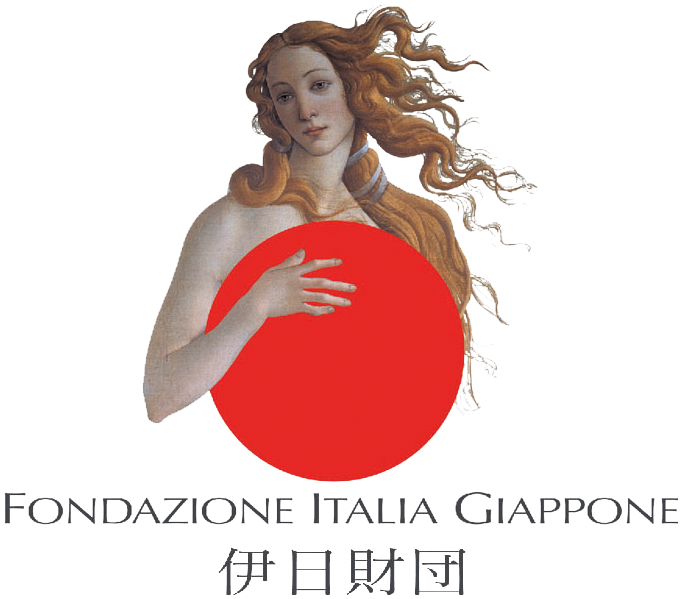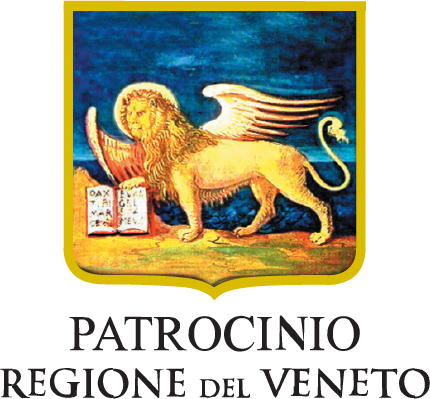For this large pendant lamp, its finishing hues were obtained from clay found in the area where the ceramicist lives. Handmade with the coiling technique, the lamp has a closed and non-transparent shape, creating a very cozy lighting.
Diameter 58 cm
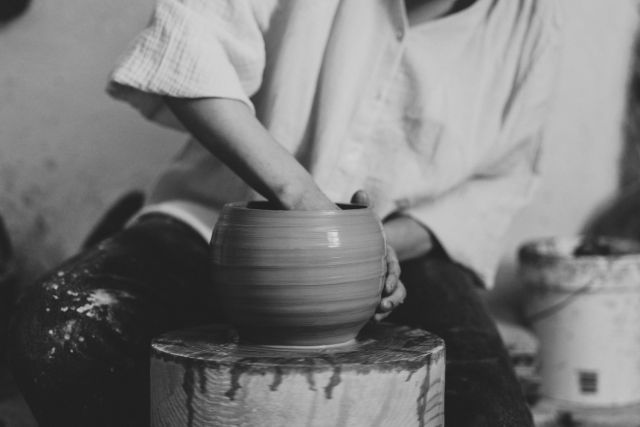
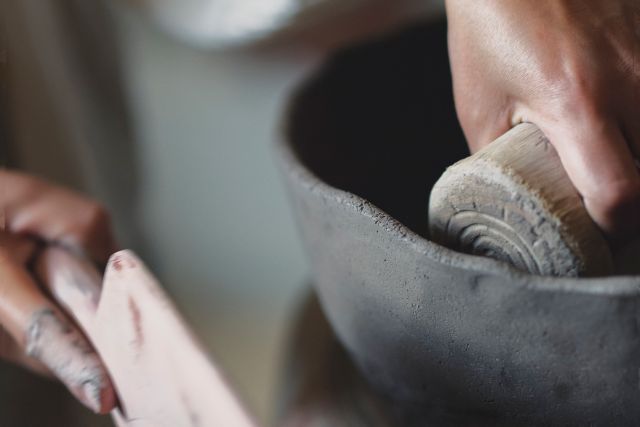
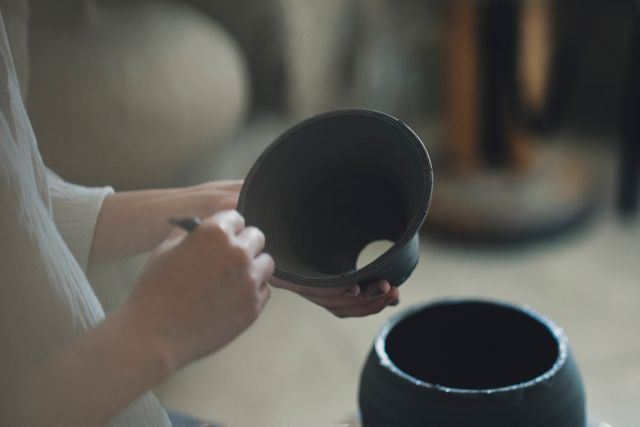
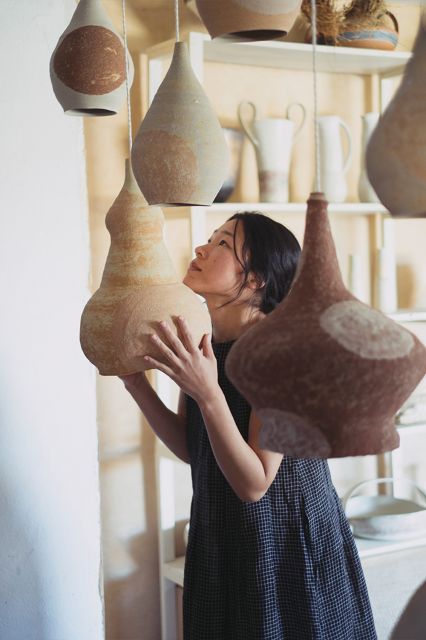
Chuion Beck
- Laon Pottery
- Ceramicist
- Sotosalbos, Spain
- Rising Star
By appointment only
+34 651088396
A Korean touch
- • Chuion uses the traditional and manual Korean potter’s wheel
- • She learned traditional Korean ceramic techniques
- • Her local Spanish landscape inspires her
Born in Korea, the values and aesthetics of her birth country play an important role in the work of Chuion Beck. For her, sitting at the potter’s wheel is almost a form of meditation, a way of resetting in this fast-paced world. Based in Segovia, she feels a deep connection with her local region and sources raw materials from nearby. She is inspired not only by colours and textures of the land, but by nature as well. During the whole making process she seeks a dialogue with materials, favouring soft and neutral hues, which give her a sense of fulfilment. In her refined and essential pieces, Chuion maintains textures, her objects shapes are round and have a sense of warmth and coziness in their unfinished look. Her pieces convey her feelings and – as she puts it – “my wish is that emotions reach the public”.
Read the full interviewWorks
Photo: ©Marta Rubio

Photo: ©Joohyun-Baek
This circular pendant lamp is finished in neutral tones obtained using earth from the area where Chuion Beck lives, thrown on the lathe. Being a closed and non-transparent shape, it is ideal to illuminate a certain point such as a bedside table.
Diameter 18.5 cm

Photo: ©Joohyun-Baek
Circular hanging lamp with a finish in neutral tones from locally sourced clay. The piece is built by hand with churros (coiling). Being a closed and non-transparent shape, it offers very warm and cozy lighting.
Diameter 54 cm






